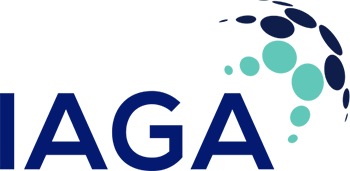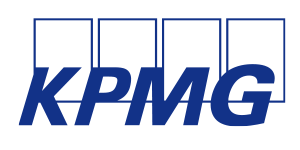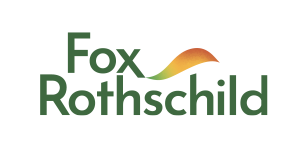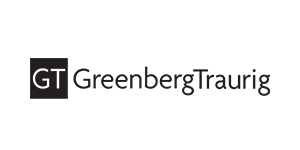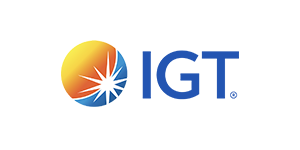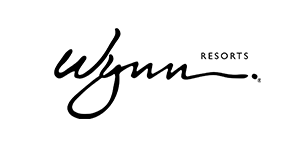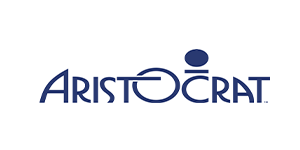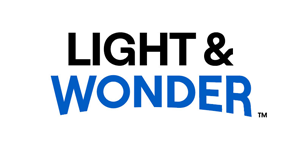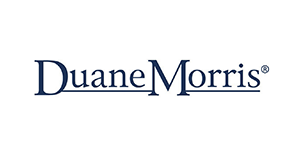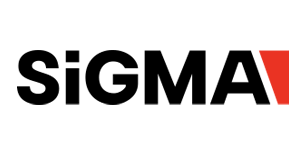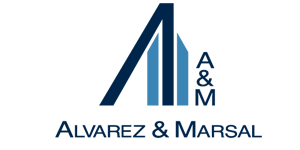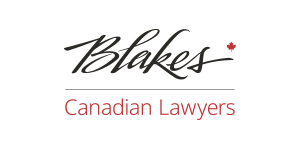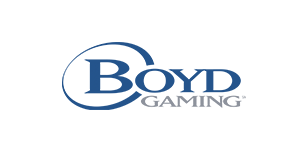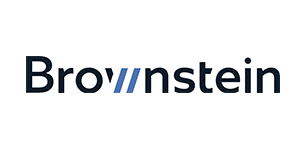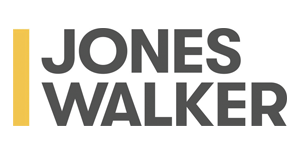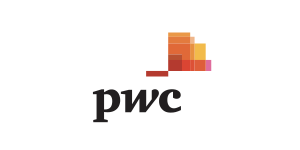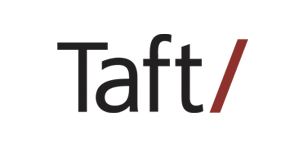- Home
- About IAGA
- Bylaws
- Our History
- Our Leadership
- Our News
- Events
- Membership
- Sponsorship
|
Australia: Playing whack-a-mole with online gambling shutdowns New measures and initiatives to curb the enthusiasm for gambling in Australia have presented greater challenges for the gaming industry during the pandemic. Meanwhile, illegal offshore online gambling has thrived during lockdown with greater government intervention called for to control the situation. There have been a number of gambling and gambling related reforms in Australia in recent times. These include:
THE IMPACT Venues in Australia have been gradually starting to open up, but it has been a bumpy ride. In Victoria poker machines were due to be switched back on from July 20. Unfortunately, another wave of Covid-19 infections has once again resulted in lockdown in Victoria for at least six weeks (or possibly longer) starting on August 2. This may spread to other parts of Australia, threatening the financial viability of the industry and also potentially increasing the risk to vulnerable members of the community of gambling-related harm. Racing, including greyhound racing, is one of the last organised sports still operating in Australia after shutdown measures came into effect. It has operated under strict biosecurity protocols. All three racing codes have been racing without trackside crowds, reduced the number of people on course to “essential” personnel, and put social distancing rules in place, which were intended to stop person-to-person contact. These measures have been very successful in terms of there not being any Covid-19 outbreaks. Wagering in relation to sporting events, however, ceased, which resulted in an increase in wagering on racing. The strategy and economics consultancy Alphabeta Australia (part of Accenture), in conjunction with credit bureau Illion, have developed a real-time tracker of economic activity through Covid-19, by analysing consumer spending on a weekly basis using data available in respect of around 250,000 Australians. This provides valuable insights into the state of the Australian economy and the impact of government interventions. Recent statistics show that consumer spending by category in pubs and clubs (which would include those operating poker machines) is down 32 per cent compared to a normal week. By comparison, for the same period online gambling is up 95 per cent compared to a normal week. The weekly figures for online gambling (compared to a normal week) from July 19 to August 9 were up 245 per cent, 211 per cent, 174 per cent, and 195 per cent respectively. INTERACTIVE GAMBLING ACT 2001 The Australia regulator responsible for enforcing the IGA, the Australian Communications and Media Authority (ACMA), has recently been ordering internet service providers to block illegal sites, with blocking having commenced in November 2019. In May, 2020 ACMA announced that 10 overseas casino sites had been blocked following a string of complaints from consumers and noted that more than 100 illegal services (which includes online casinos) have been pulled out of the Australian market since ACMA started enforcing new illegal offshore gambling rules in 2017. The difficulty with these measures is akin to ‘whacka-mole’ in that as soon as a site is blocked it often re-surfaces under another name and domain, which is not blocked, and the situation continues. The actual size of this illegal market in Australia and the migration of patrons from venues to these sites during the Covid-19 lockdowns is difficult to determine, however recent statistics pointing to the sharp rise in legal online gambling during Covid-19 would suggest that it could be sizeable. In addition, on June 10 2020, Andrew Wilkie, MP, tabled a Private Members Bill in the Australian Federal Parliament proposing amendments to the IGA, which seek to ban online ‘social’ casino games. The Explanatory Memorandum to the Bill states that online social games are particularly problematic because they are attractive to new gamblers and children. It also proposes that ACMA is granted further enforcement powers. However, the Bill in unlikely to be heard for a long time due to other more important matters and we would expect that further research would need to be undertaken and understood in relation to “social” casino games, before any regulatory approach is taken. POST-COVID OUTLOOK: KEY ARGUMENTS FOR AND AGAINST RELAXING IGA PROHIBITIONS
To sponsor innovation while ensuring rigorous monitoring and evaluation of potential new products, a ‘regulatory sandbox’ environment with considered eligibility criteria and controlled environment, would assist evidence informed policy decisions. A key counter-argument is that any online offering that further increases gambling accessibility risks aggravating gambling-related harm particularly for vulnerable members of the community and might accelerate socialisation of young people with gambling. An advantage of online account-based activity is the rich data around client profiles and behaviour and capacity to ‘red flag’ potential indicators of problematic gambling behaviour or suspicious interactions. In weighing up the arguments for and against the restrictions, now appears to be the ideal time for government to consider the issue more broadly in respect of periods of great uncertainty, for the benefit of both venues and the customer, but at the same time being mindful of ensuring more sophisticated monitoring and interventions to prevent and minimise problematic gambling behaviour and associated harms. |
